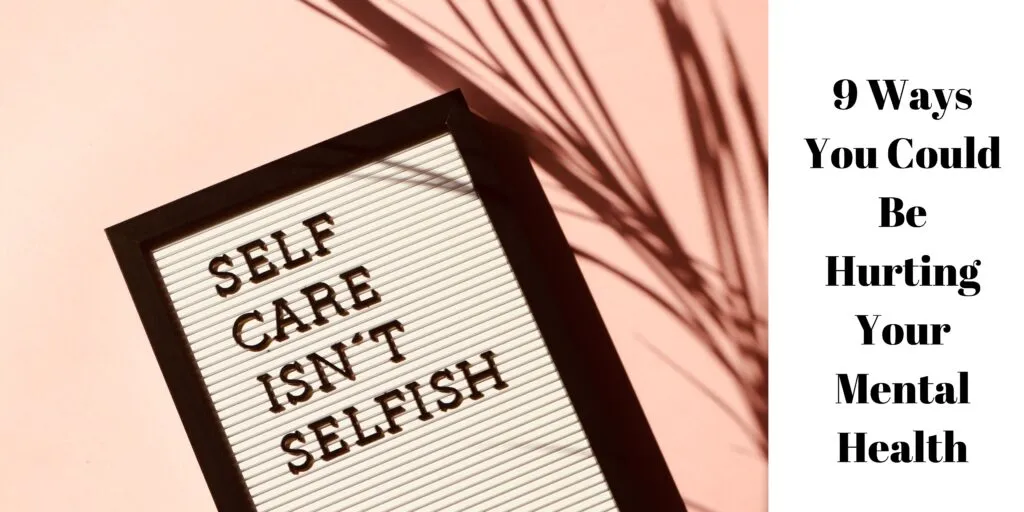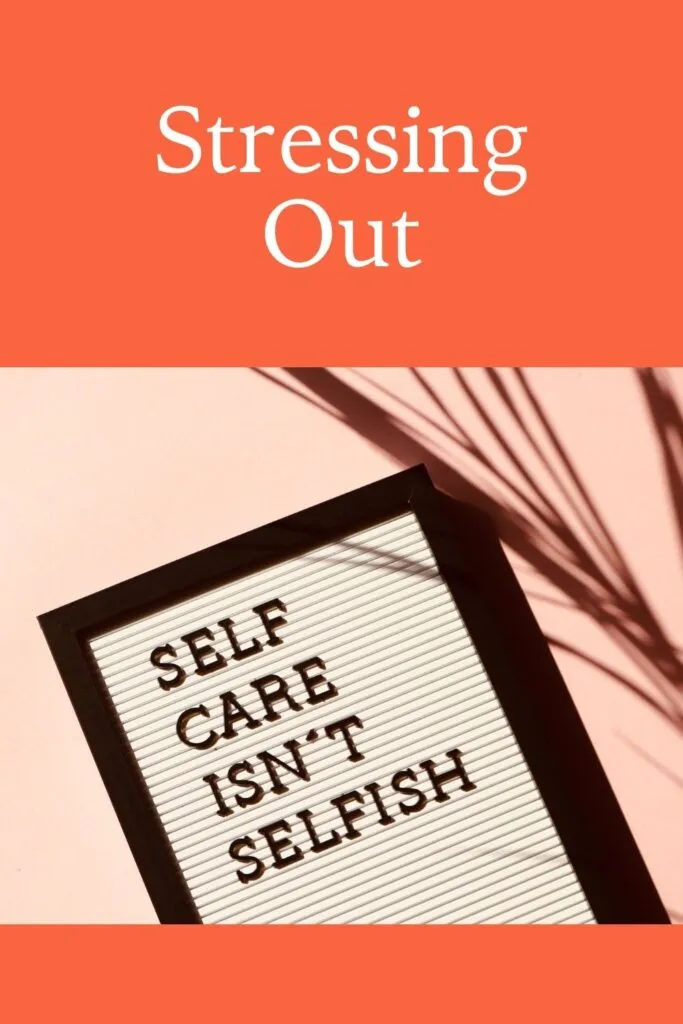Mental health is a critical part of your overall well-being. Just like physical health, if it’s not taken care of, it can deteriorate over time. You’ll quickly find yourself feeling run down, unmotivated, and unhappy.
The good news is that just like you can take steps to improve your physical health, there are also things you can do to protect and improve your mental health.
Here are ways you could be hurting your mental health without realizing it:
Not Getting Help When You Need It
When struggling with mental health, it’s a challenge to take the first step and reach out for help. However, if you don’t get treatment, your mental health will decline. Remember that you’re not alone; people want to assist. Professionals such as Alta Loma will help you overcome any mental issues, including substance abuse.
Not Getting Enough Sleep
Getting enough sleep is crucial for both your physical and mental health. When you’re sleep-deprived, your body and mind are both in a state of chaos. You’ll find it very difficult to concentrate, make decisions, or stay calm and relaxed. If you find it hard to fall asleep, try the following:
- Establish a regular bedtime routine
- Avoid caffeine and alcohol before bed
- Keep your bedroom cool and dark
- Practice some relaxation techniques before bed
Stressing Out Over Minor Things
Worrying about things out of your control will only stress you out and leave you unhappy. Learn how to let go of things beyond your control, and focus on those you can change. Doing this will reduce your overall stress levels and make you happier. To keep you calm:
- Identify your stressors
- Challenge negative thoughts
- Practice relaxation techniques
- Exercise regularly
Not Eating Enough Or Eating Unhealthy Foods
Eating healthy foods maintains a healthy balance of chemicals in your brain, stabilizing mood, energy levels and preventing mental health issues. If you’re not eating enough, you’ll often find yourself feeling sad, irritable, and exhausted. To avoid this:
- Eat balanced meals
- Include plenty of fruits and vegetables in your diet
- Avoid processed foods
- Drink plenty of water
- Eat when you’re hungry, not when you’re bored
Avoiding Social Interaction
Social interaction is crucial for mental health. When you isolate yourself, you quickly become lonely and unhappy. To maintain healthy social interactions:
- Join a club or group that interests you
- Participate in social activities
- Talk to your friends and family often
- Volunteer for a cause you believe in
Not Getting Enough Exercise
Exercise releases endorphins, which improve your mood and mental health. Not getting enough exercise can lead to depression, anxiety, and stress. Note that you tend to have a poor body image that negatively affects your mental well-being when unfit. To get the most out of your exercise routine:
- Choose an activity you enjoy
- Exercise with a friend
- Set realistic goals
Surrounding Yourself With Negativity
When you’re constantly exposed to negativity, it hurts your mental health. It can be from people in your personal life, the media, or self-talk. To protect your mental health, limit your exposure to negativity. Do this by:
- Spending time with positive people
- Following positive news sources
- Avoiding negative self-talk
- Practice meditation or mindfulness
- Practice gratitude
Not Having Coping Skills
Adverse outcomes, devastating life changes, and traumatic experiences are all a part of life. Unfortunately, some people never learn how to cope with these outcomes healthily. They turn to drugs, alcohol, or other destructive behaviors. It soon leads to long-term mental health issues. Learn how to deal with stress and difficult situations in a healthy way. Some coping skills include:
- Talking to someone about your feelings
- Write in a journal
- Practice relaxation techniques
- Exercise
- Eat healthy foods
- Get enough sleep
Taking Too Much Alcohol
Excess alcohol can hurt your mental health. It can lead to addiction, depression, and anxiety. Drink in moderation and only when necessary. Excessive drinking also leads to financial, relationship, and health problems that could affect your mental health. To drink responsibly:
- Set a limit on the amount you drink
- Don’t take alcohol when upset or angry
- Wait until you’ve had a meal
- Avoid taking alcohol every day
Mental Health is as Important as Physical Health
Maintaining your mental health is just as important as taking care of your physical health. You’ll live a happier life, have healthier interactions, a more meaningful life, and be more productive overall. Strive every day to protect your mental well-being.


